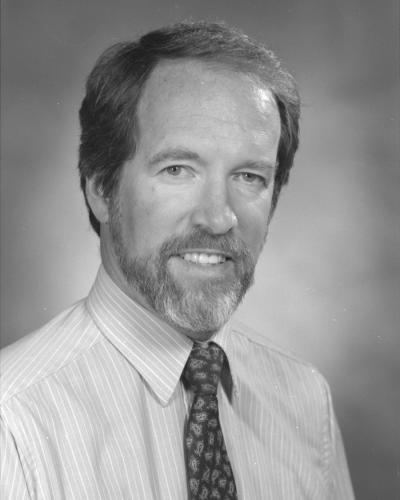Steven Brun Caldwell (1942–2025)
Steven Brun Caldwell, associate professor of sociology in the College of Arts and Sciences, died June 9, 2025, in San Francisco, surrounded by family. He was 83.
Caldwell’s intellectual journey began with a bachelor’s degree in philosophy from Dartmouth College in 1964. Soon after, a Fulbright scholarship took him to Benares, India, where immersion in Indian society ignited a lifelong passion for social justice, poverty alleviation, and equality. The experience transformed his perspective and shaped the course of his scholarship. Upon returning to the United States, Caldwell pursued graduate study in sociology at Cornell, where he trained under distinguished mentors Robin Williams Jr. and Robert McGinnis.
After earning his doctorate, Caldwell began his career at the Urban Institute in Washington, D.C., where he worked on policy innovations designed to expand the social safety net. In the early 1970s he returned to Cornell as a member of the sociology faculty, beginning a tenure that lasted more than three decades.
At Cornell, Caldwell was known as both a pioneering scholar in demographic microsimulation and a devoted teacher and mentor. He played a central role in revitalizing the Department of Sociology during a period of renewal. As chair in the 1980s, he successfully recruited senior and junior colleagues from leading universities, reshaped the graduate program, and worked to foster a cross-campus sociology community. His colleagues recall his wry humor, sharp judgment, and gift for collegial leadership. He was regarded as a brilliant and congenial teacher who set high standards while maintaining a warm and approachable manner.
Caldwell’s scholarly contributions were both innovative and wide-ranging. He was best known as the architect of CORSIM (Cornell Microsimulation Model), a dynamic demographic model that simulated life-course outcomes by “aging” public-use microdata over time. Adopted by the Social Security Administration, CORSIM became a vital tool for projecting program costs and benefits, and it continues to inform policy analysis. His work also extended into related areas, from adolescent parenthood and household wealth to dental care policy. Across these domains, his widely cited publications emphasized heterogeneity in responses to policy interventions and the distributional consequences of social programs, ensuring his influence in both academic and policy circles.
Caldwell’s passion for ideas was not confined to technical research. He delighted in sharing his broader interests with students, offering a freshman seminar on detective fiction inspired by his love of Dashiell Hammett and Raymond Chandler. Whether teaching quantitative methods, supervising graduate research, or leading a spirited discussion of hardboiled novels, he brought to the classroom the same enthusiasm, intellectual expansiveness, and dry wit that colleagues treasured in departmental life.
At Cornell, Caldwell founded a private consulting business, Strategic Forecasting, applying his expertise in new domains. He consulted to both the Canadian and Swedish governments, as well as the US Social Security Administration. After retiring from Cornell in 2006, he lived in Manhattan with his former wife, Bickley Townsend. In later years he divided his time between professional work, family, and personal passions, always maintaining the curiosity and energy that had defined his career.
He is survived by his three children, Kemlo Aki, Heather Urquhart, and Benjamin Caldwell; his stepdaughter, Shannon Dodge; and his grandchildren. His colleagues at Cornell remember him as a gifted scholar, a spirited teacher, and a leader who helped define a high point in the history of the Department of Sociology.
Written by Victor Nee








